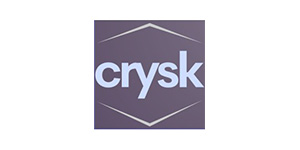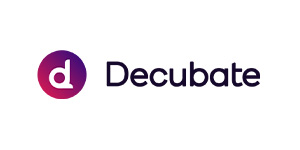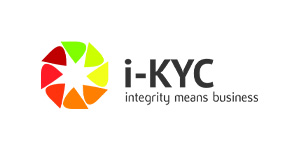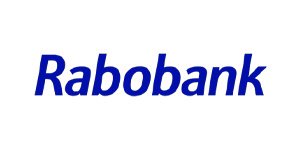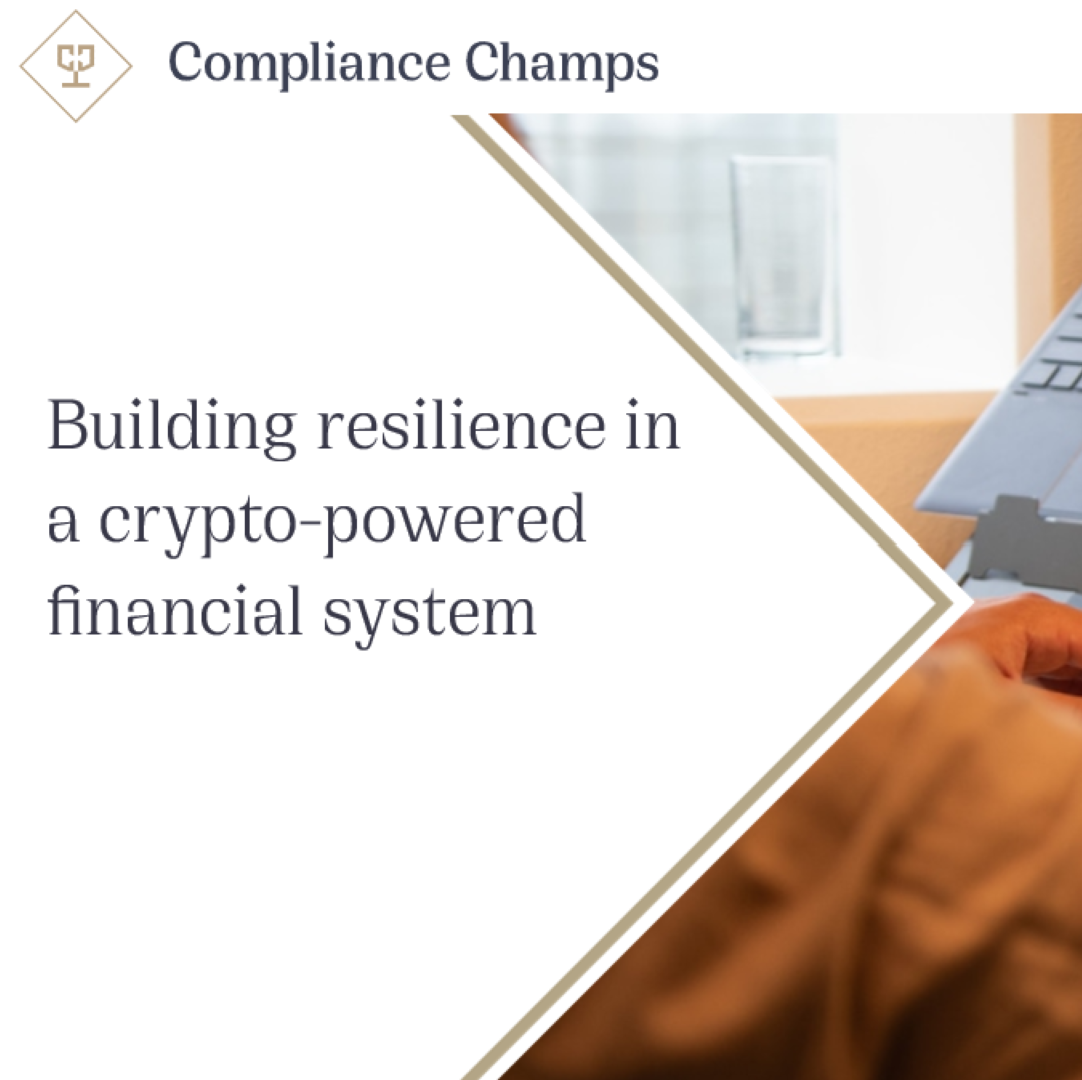Compliance Consultants with a Mission
Our mission is clear: We aim to create a lasting, positive impact. We go beyond compliance and ensure that our clients can independently excel in compliance risk management after every project.
Compliance Champs is the specialized partner for financial institutions that want to stay ahead in a rapidly changing world. With our expertise in compliance risk management, we help our clients effectively and efficiently navigate ever-evolving challenges.
We approach each issue with determination, a holistic perspective, and a wide range of services. Through honest advice and knowledge sharing, we continuously enhance your compliance risk management, all at the best value for money.
A true champion always goes the extra mile
This is what makes us champions in compliance risk management.
Honest & Committed
We are here for you as your partner in compliance risk management, offering honest advice and genuine commitment.
Attention to Everyone’s Interests
As a financial institution, you want to protect your organization and your clients effectively. At the same time, you don’t want to miss out on commercial opportunities. This is where we excel!
Strong in Our Field
Our focus on niche topics allows us to stay ahead of trends, enabling us to provide high-quality services at an excellent value for money.
We Guide Every Project from Start to Finish
At Compliance Champs, we understand that compliance with regulations is crucial, but it shouldn’t hinder your progress. That’s why we offer a wide range of services designed to optimize your compliance risk management framework. We help you to:
Become and remain compliant, optimize efficiency, and focus on what matters.
Partner with Compliance Champs for a solution that supports your goals.
“Cryptocurrencies bring opportunities but also compliance challenges. We’re here to help you!”
Within compliance risk management, we specialize in Financial Economic Crime (FEC) Risk Management and crypto compliance. We stay ahead of developments such as cryptocurrencies and trade-based money laundering (TBML). Curious about how we can assist you? Contact us today.
These organizations have already experienced the power of Compliance Champs.
Curious about the projects we’ve delivered and what our clients and business partners think of our services?
Take a look at our overview of case studies and references.
“I would wholeheartedly recommend Compliance Champs to anyone looking for quality, reliability, and skilled consultants.”
M. Bouwhuis:
Rabobank
Our clients highly value our services, reflected in an impressive average Net Promoter Score (NPS) of 8.7
Average score of clients
Cases & references
Curious about the projects we’ve delivered and what our clients and business partners think of our services?
Take a look at our overview of case studies and references.
Staying ahead means being proactive and closely monitoring market developments.
As specialists, we stay on top of things and keep you informed about relevant developments and our insights. Check out all our articles and news updates here. Subscribe to our newsletter on LinkedIn to stay up-to-date!
Join Our Team!
We are a young and rapidly growing company always open to talented new team players. Check out our careers page for more information.
As an independent specialist, you can also join our network. This way, we can collaborate whenever your specific expertise and experience are needed for an exciting project.
Feel free to call or email us!








